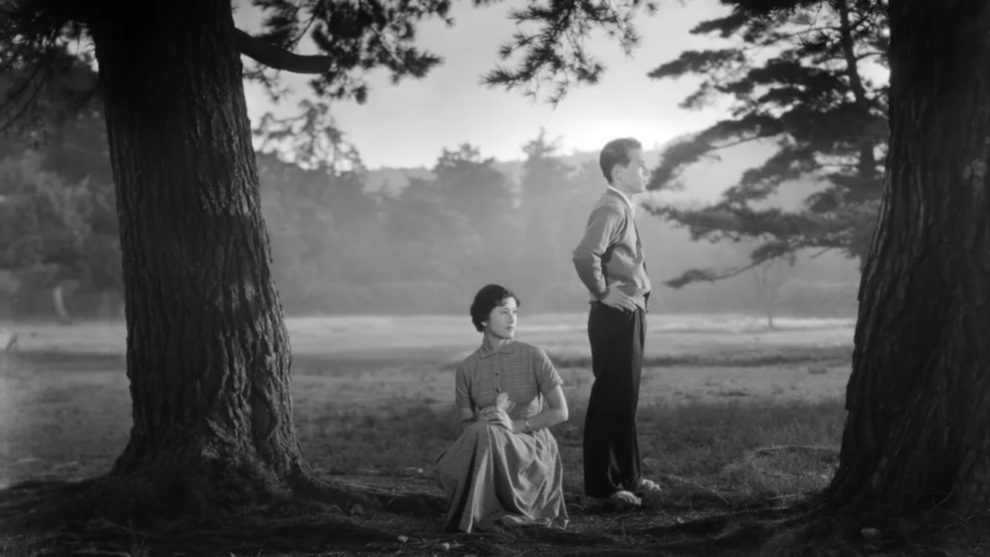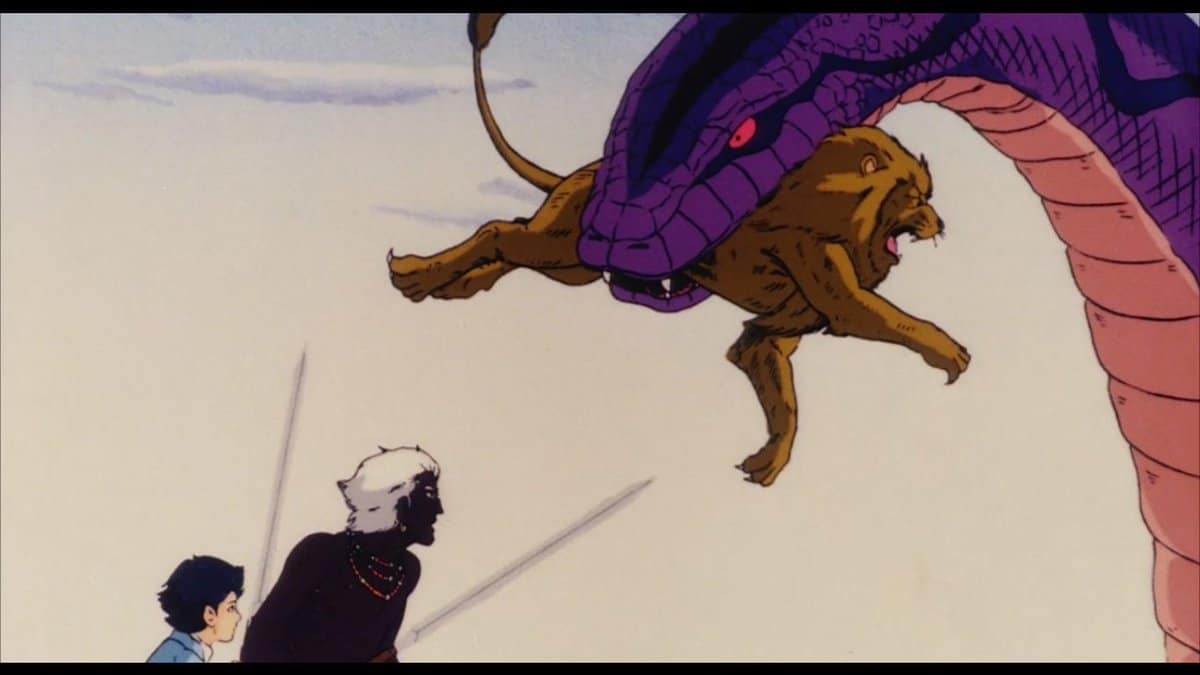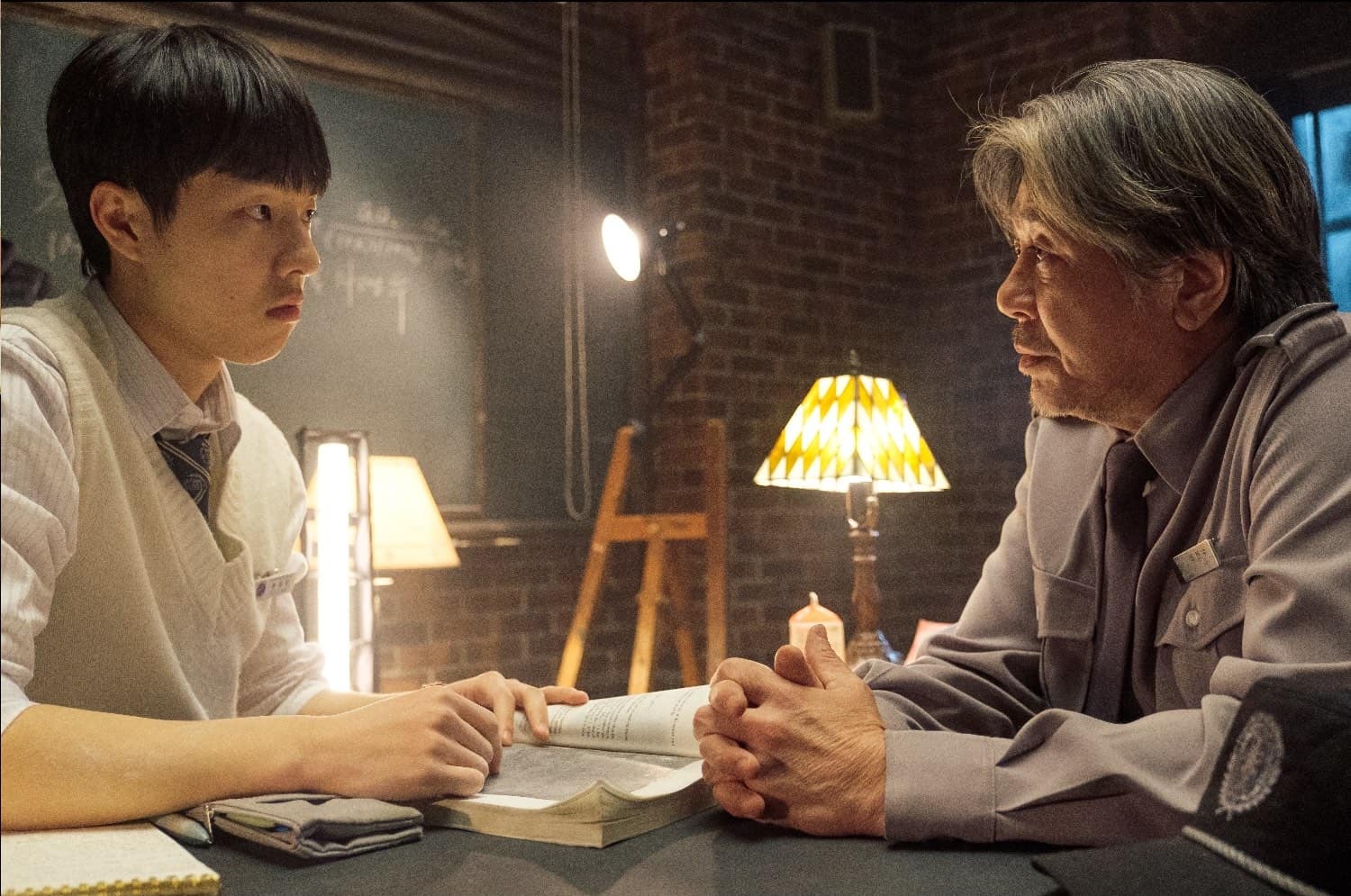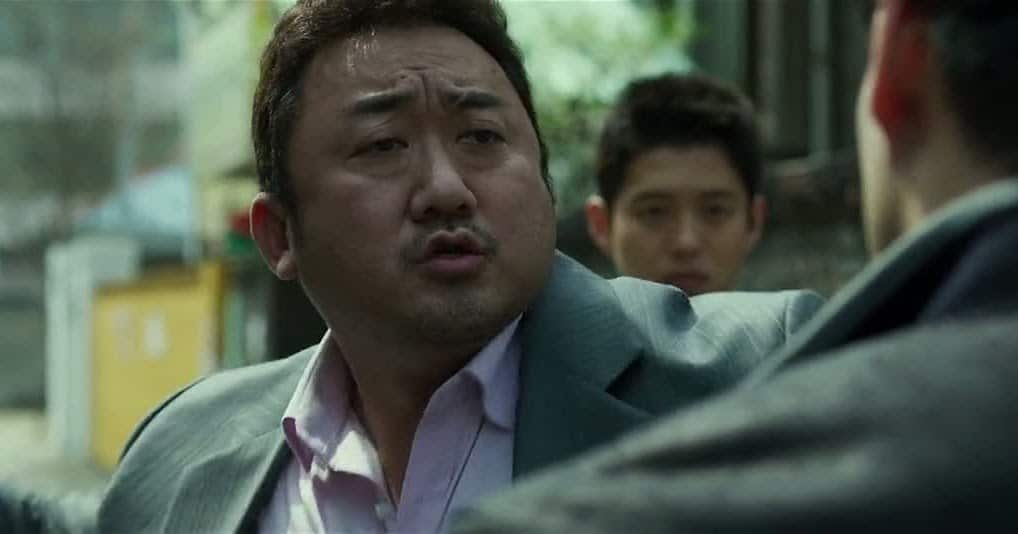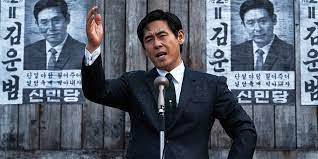After her directorial debut “Love Letter” in 1953, Kinuyo Tanaka had received some international recognition, with the feature being a contestant at Cannes Film Festival in 1954. It also marked the end of her working relationship with director Kenji Mizoguchi, with whom she had collaborated on “Oharu” and “Sansho the Bailiff”, which cemented her reputation as one of the leading ladies of Japanese cinema. However, while the famous filmmaker was against this next step in her career, the experience of her first directorial effort encouraged her to continue working behind the camera as well. Her next project would be “The Moon Has Risen”, a family drama/ light comedy, which was co-written by Yasujiro Ozu, who originally had planned to direct it himself. While Ozu's signature themes are still quite obvious, Tanaka proved her growth as a visual storyteller, making her sophomore feature a remarkable development in her career.
“The Moon Has Risen” is screening at the BFI London as part of “Kinuyo Tanaka: A Life in Film”
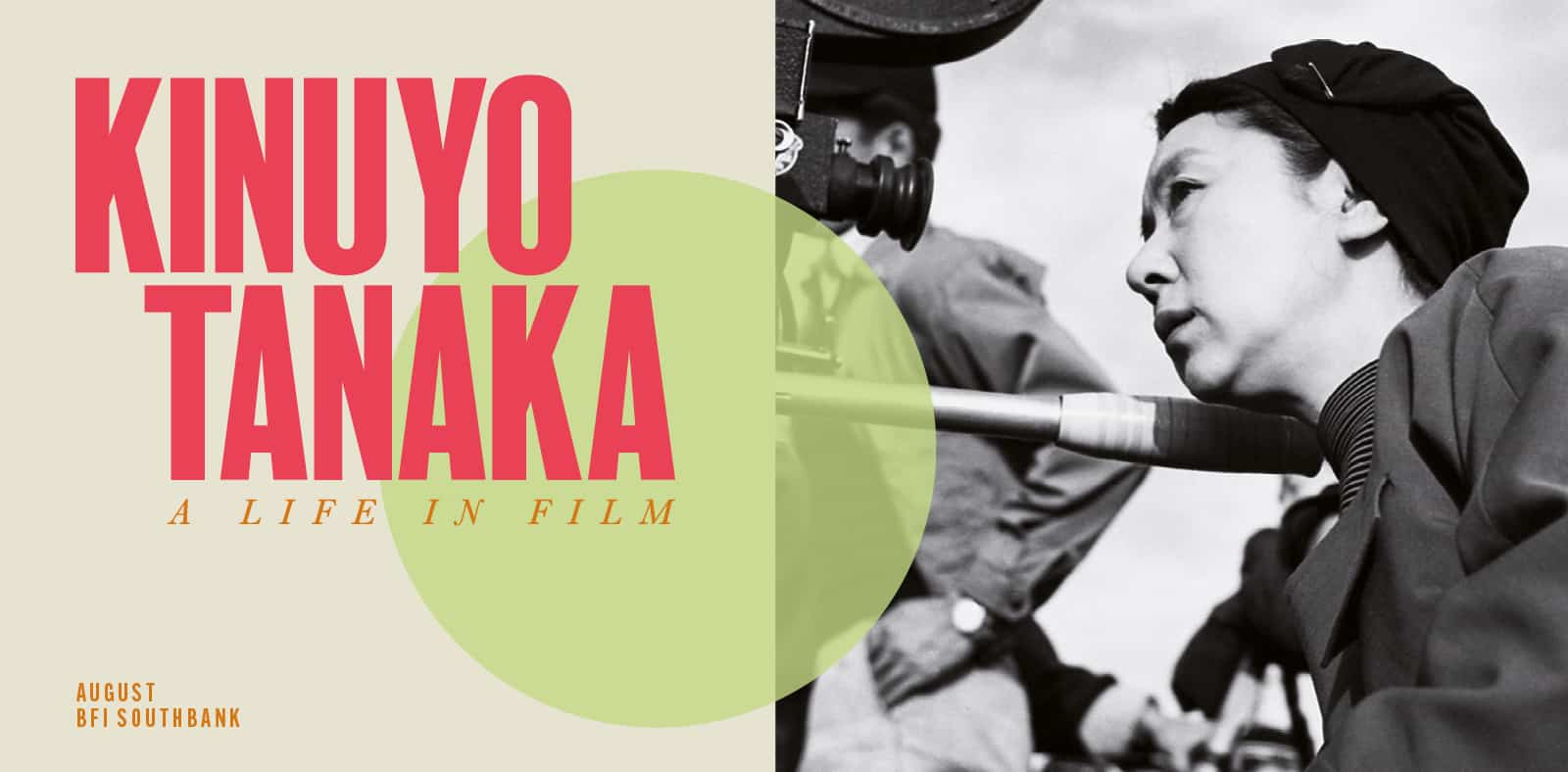
After their evacuation during World War II, the Asai family moved to the small, rural town of Nara. After the death of his wife, Mokichi (Chishu Ryu) is left alone with his three daughters, all of whom have different passions and dreams of what they want to do with their lives. While Chizuru (Hisako Yamane) has just returned home, after her husband's death and still in mourning, her younger sisters Ayako (Yoko Sugi) and Setsuko (Mie Kitahara) have their own plans when it comes to marriage, with their aunts eager to marry them off to some of the promising young men in town. Especially Ayako, who would rather spend time with her books and her studies, is the focus of her aunt's tries at matchmaking, with very little success, whereas Setsuko longs to one day move to Tokyo, which promises a lot more excitement than country life.
As Setsuko is bored with what little is to do in the small town and wants some kind of diversion, she and one of her male friends, Shoji (Shoji Yasui), come up with a plan to have Ayako date Amamiya (Ko Mishima), an old pal of Shoji who has come to visit. However, their plan has unforeseen consequences, creating much confusion between the young people, with only their elders coming to their rescue with much-needed advice.
Perhaps there are two ways of approaching “The Moon Has Risen”, which in many ways, as mentioned before, undeniably bears Ozu's handwriting and signature themes. The contrast between rural and urban life, as well as the conflict with traditional values has been the foundation of “Tokyo Story” and “Late Autumn”. Even the visuals of cinematographer Shigeyoshi Mine feel very familiar and often have a similar framing as the shots we know and admire, highlighting the kind of family hierarchy which is omnipresent in the stories of his movies. Much like Ozu, Tanaka portrays these systems, with a little more focus on society's pressure, combined with the various expectations of the female characters about how they want their lives to be.
After all, “The Moon Has Risen” has more in common with period pieces such as “Little Women” when it comes to the portrayal of female characters. In the beginning, her second directorial effort might lead to the impression this is a story about the male members of the family, with Shoji and Amamiya engaging in stories of their youth, and the former listening attentively as his old schoolmate tells him about his new job as an engineer. However, Tanaka quickly changes the focus, showing the three sisters and their lives, each one of them having made their own experiences with society's values, relationships and the clash of their dreams versus the expectations defined by others. Especially Yoko Sugi and Mie Kitahara make an impression, emphasizing two different ways of thinking, with the other seemingly annoyed by the constant attempts of matchmaking by her aunts and her younger sister looking for ways to escape her boredom. Nevertheless, Hisako Yamane gives a subtle performance as a woman stricken with grief for her dead husband as well as her status among her family, perhaps as someone who will never find true happiness with another person.
“The Moon Has Risen” is quite an entertaining blend of romantic comedy and drama. Kinuyo Tanaka shows her talent when handling themes which were not often discussed in Japanese cinema at the time when telling the story of three sisters and their different views on life, marriage and happiness.


